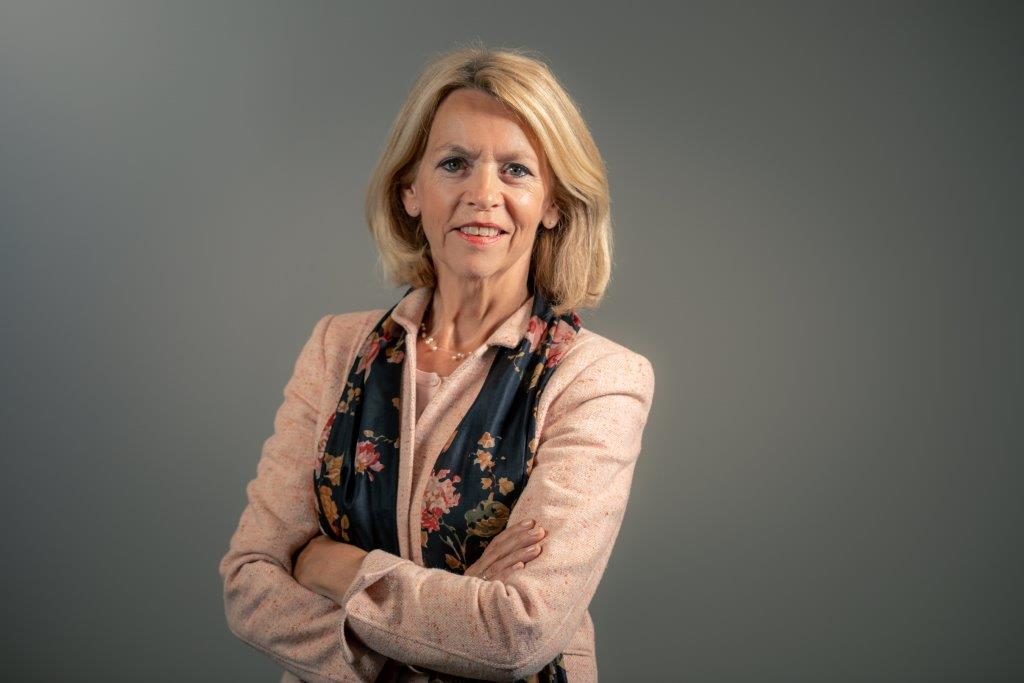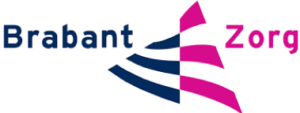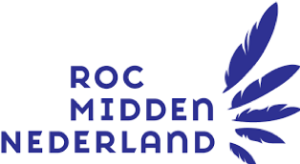
In the supervisory board portfolio of Afien Spree, societal value creation is all about people. She serves on the supervisory board of BrabantZorg senior care and regional education and training center ROC Midden Nederland.
Purpose is key

The purpose of BrabantZorg is to make every day as nice as possible. How does the supervisory board check how deeply this purpose is integrated into decision making? “We check everything against this purpose and question the executive board on it,” says Afien Spreen. “How does a new building add to the purpose? And how does restructuring the organization relate to it? Is purpose a pretty picture for the outside world, or do we truly live up to it? It raises dilemmas for the supervisory board because living up to this purpose requires deep engagement with clients and their families, something that takes time. The tougher side of supervision requires checklists and control, while the human side asks for collaboration and trust.
Collaboration and trust in the supervisory board
Therefore, this demands a lot from both the executive and the supervisory board. Through regular contact with the works council, client reps, and the management team, we get a sense whether the organization really lives the promise. We need to actively use all of our senses to be able to ask the right questions. At the same time, we need to avoid stepping into the role of the CEO. We’re not just there to advise the executive board, but also to monitor progress and to maintain a long-term view. And that requires in-depth knowledge.”
Agile and accessible supervisory boards

Working together is key at the ROC education and training center. Collaboration with students, municipalities, employers, and others to make sure education matches today’s and tomorrow’s reality in the working world. “The educational landscape is changing a lot. Therefore, we need to be agile to be able to keep up, yet educational institutions aren’t that flexible”, adds Afien Spreen. “That’s why it’s so important to be aligned within the supervisory board. We need to be able to hold each other accountable, which requires strong relationships. The annual self-evaluation process and diversity in the board support this. New members of the supervisory board are recruited externally, so no one joins through the back door. We always look for people to join our future-oriented journey. Willing to connect on a regular basis – with people in the organization and within the board.
Keep asking questions
Supervision is all about probing deeper, about checking whether what the executive board says can really be made tangible. Does it stay at the level of nice intentions? Or is the CEO able to inspire the team to join the journey? And how can you really see that as a member of the supervisory board? We have a duty to gather information ourselves. In addition to the scheduled board meetings, we regularly visit schools and care homes. During these visits, we talk to local management, as well as students, teachers, clients, and others. Also, we regularly invite someone from within the organization to share something about their work during a board meeting. This helps us increase our insight into the organization and thus helps to prevent groupthink.
Different ways to work together
Diversity, holding each other to account, observing and listening well inside and outside the organization and a clear societal purpose. To sum up, these are all part of the recipe for success for non-executive boards to lead for societal impact. By doing this for BrabantZorg and ROC Midden Nederland, I now look at my own organization in a different way. And I’m collaborating differently with our own non-executive board as well.”
Are you ready to integrate sustainability, societal impact and long-term value creation into your supervisory board role? Join one of the upcoming courses I will teach in the Netherlands or order the handbook I co-authored on the topic (both in Dutch). Not able to attend these workshops or read Dutch, get in touch.
Written by Marjolein Baghuis (@mbaghuis) for the Change in Context blog and the Erkende Toezichthouder website. To read about interesting people, book reviews and other posts about sustainability, change, and communications please subscribe to this blog in the right-hand column.
